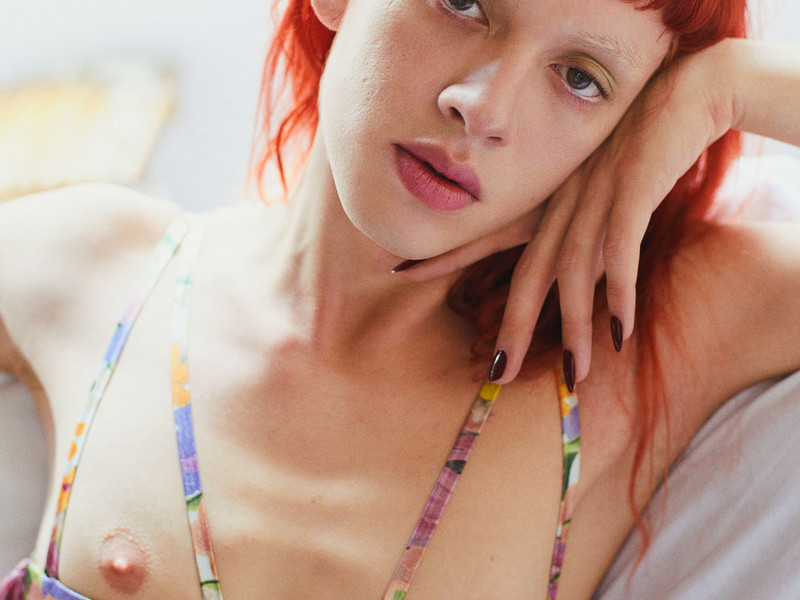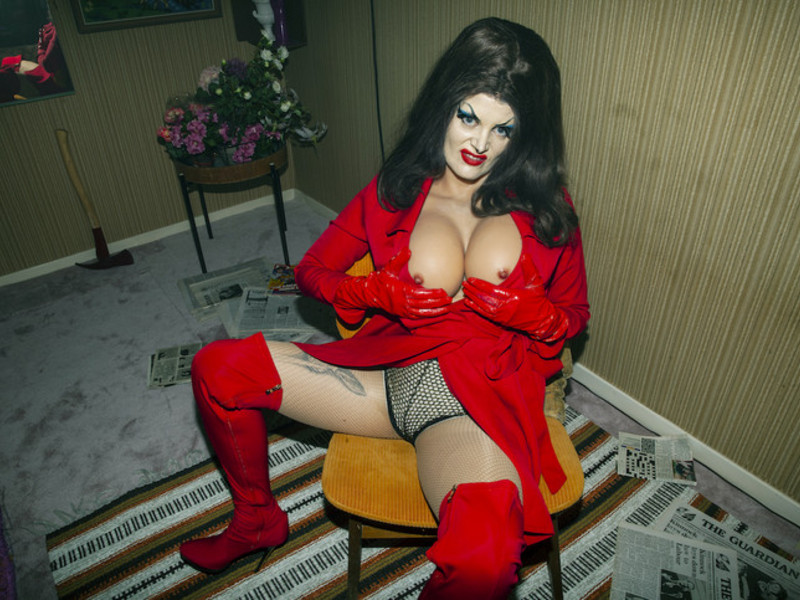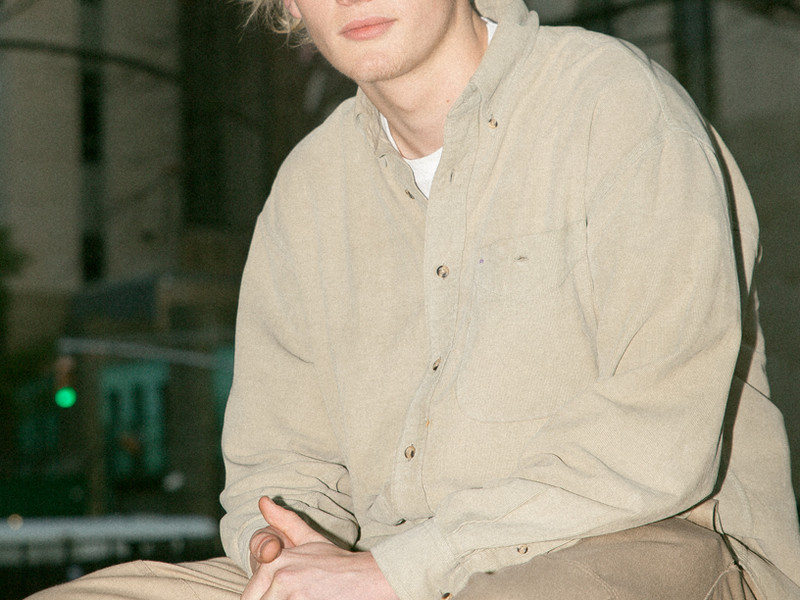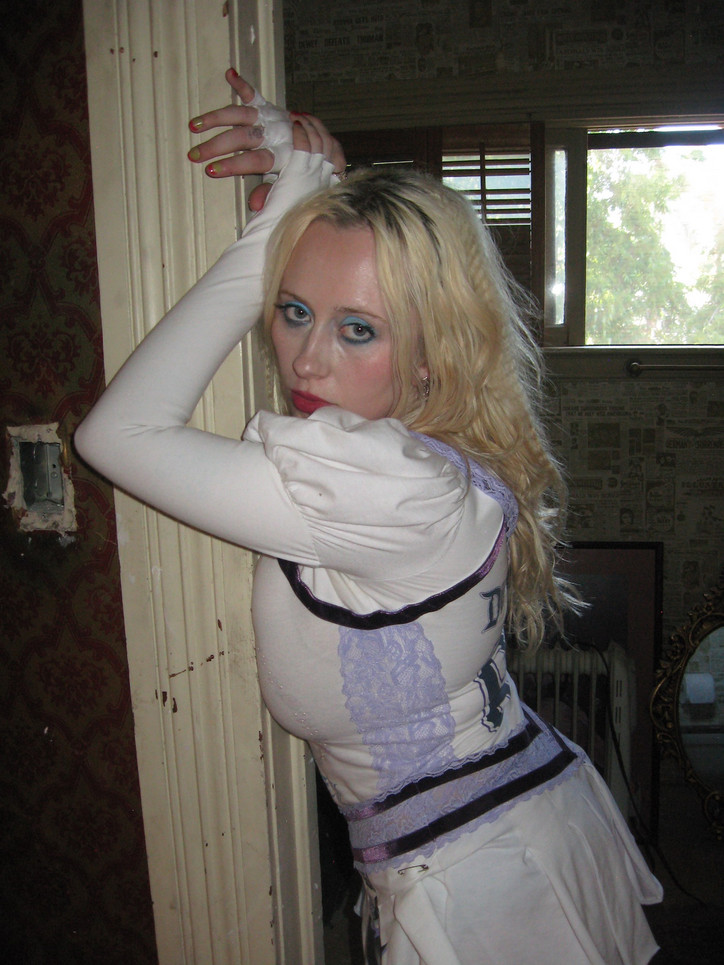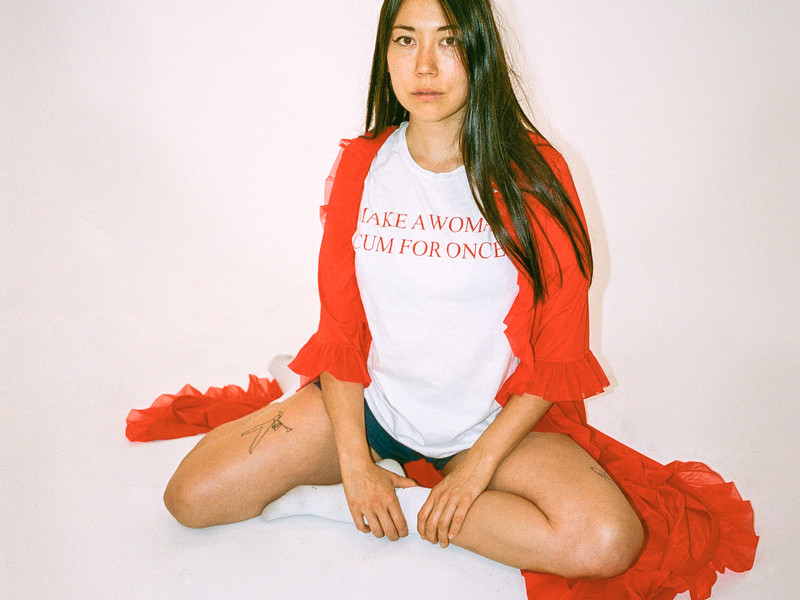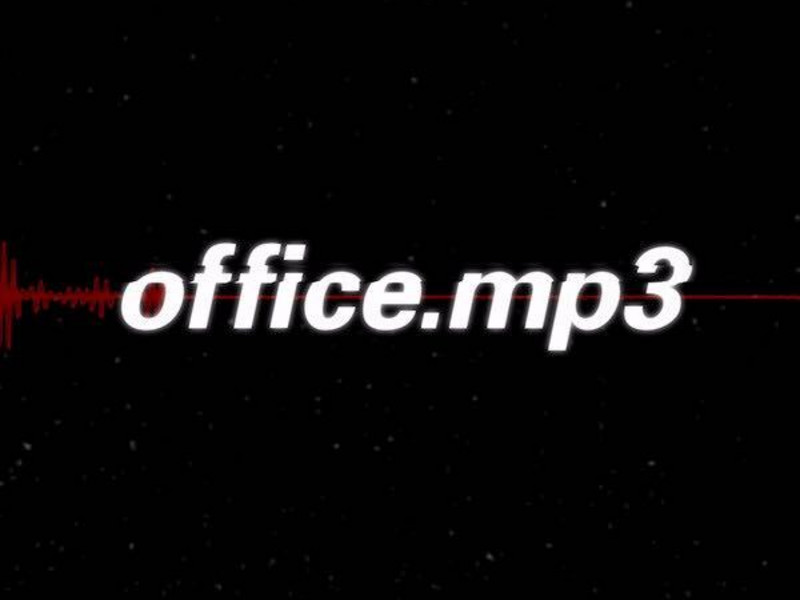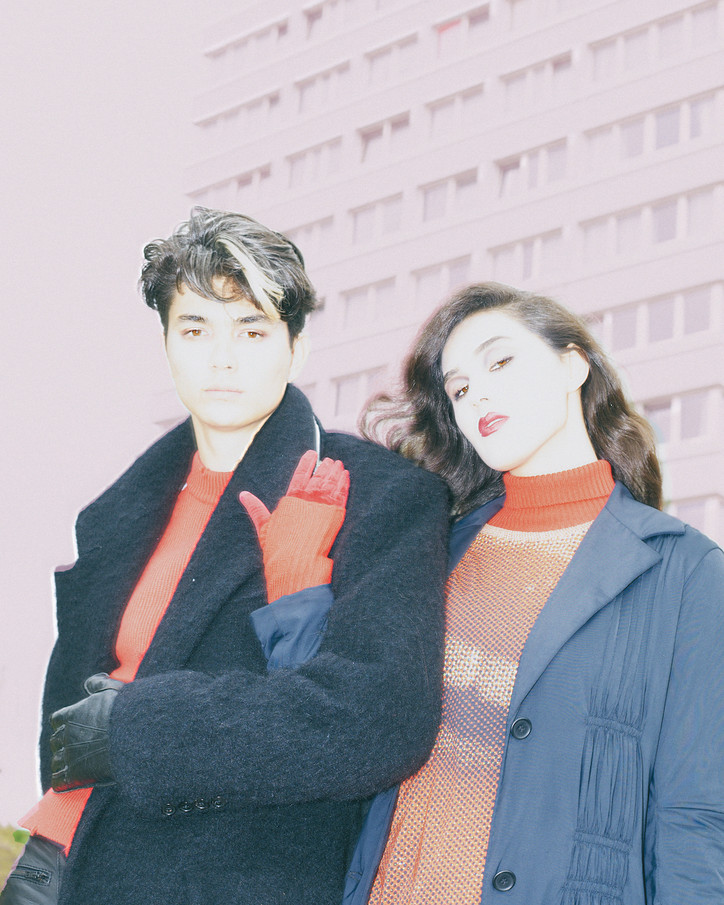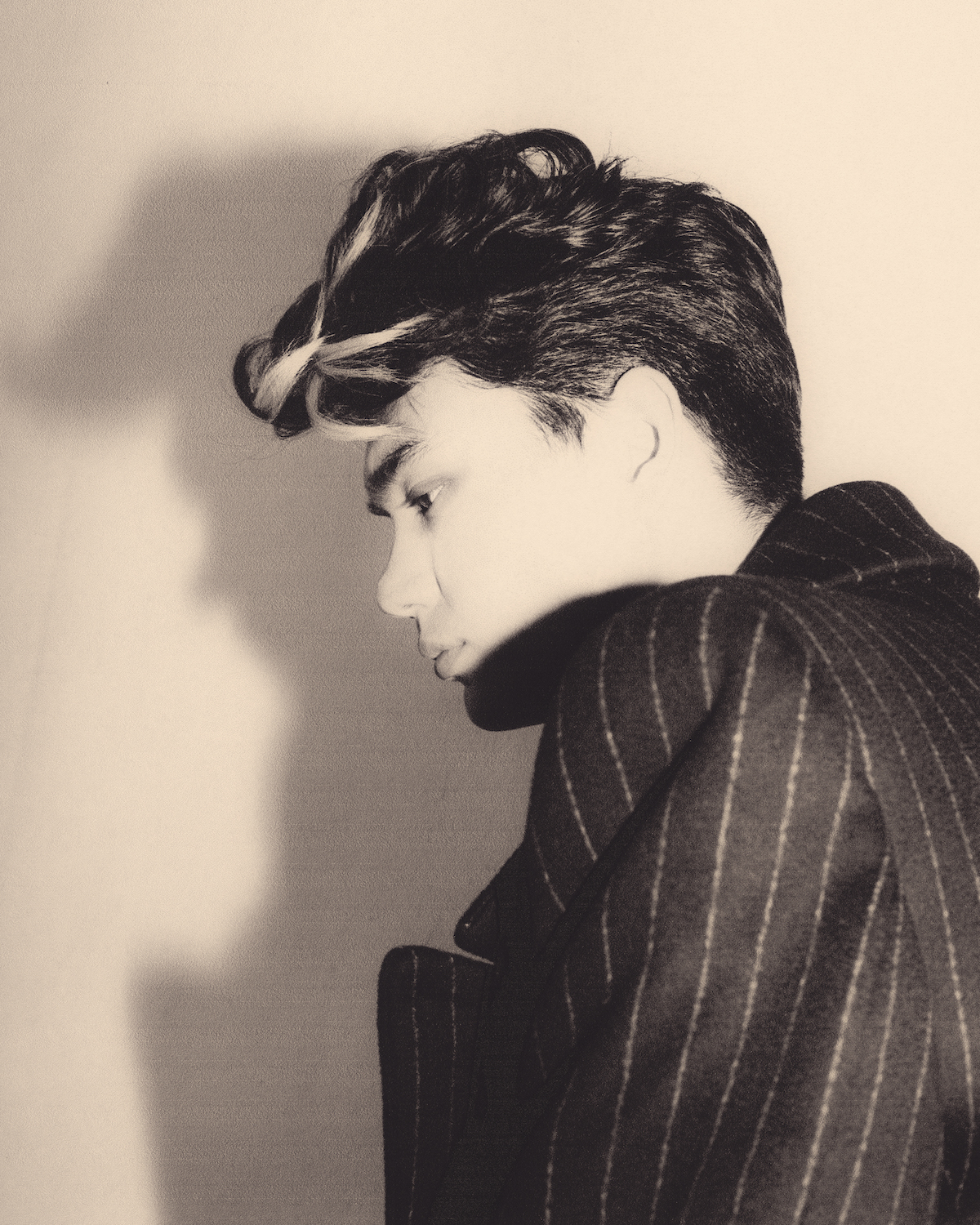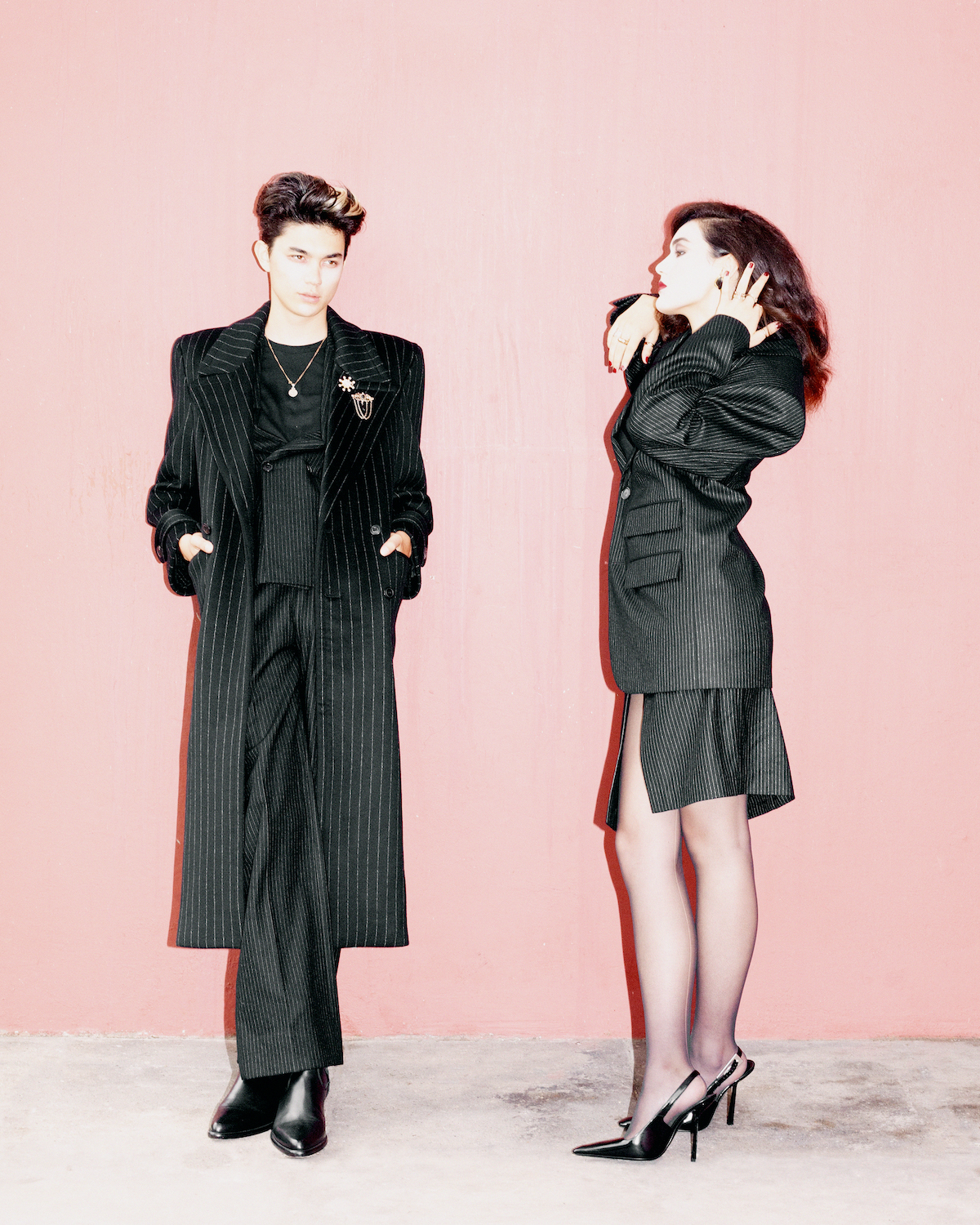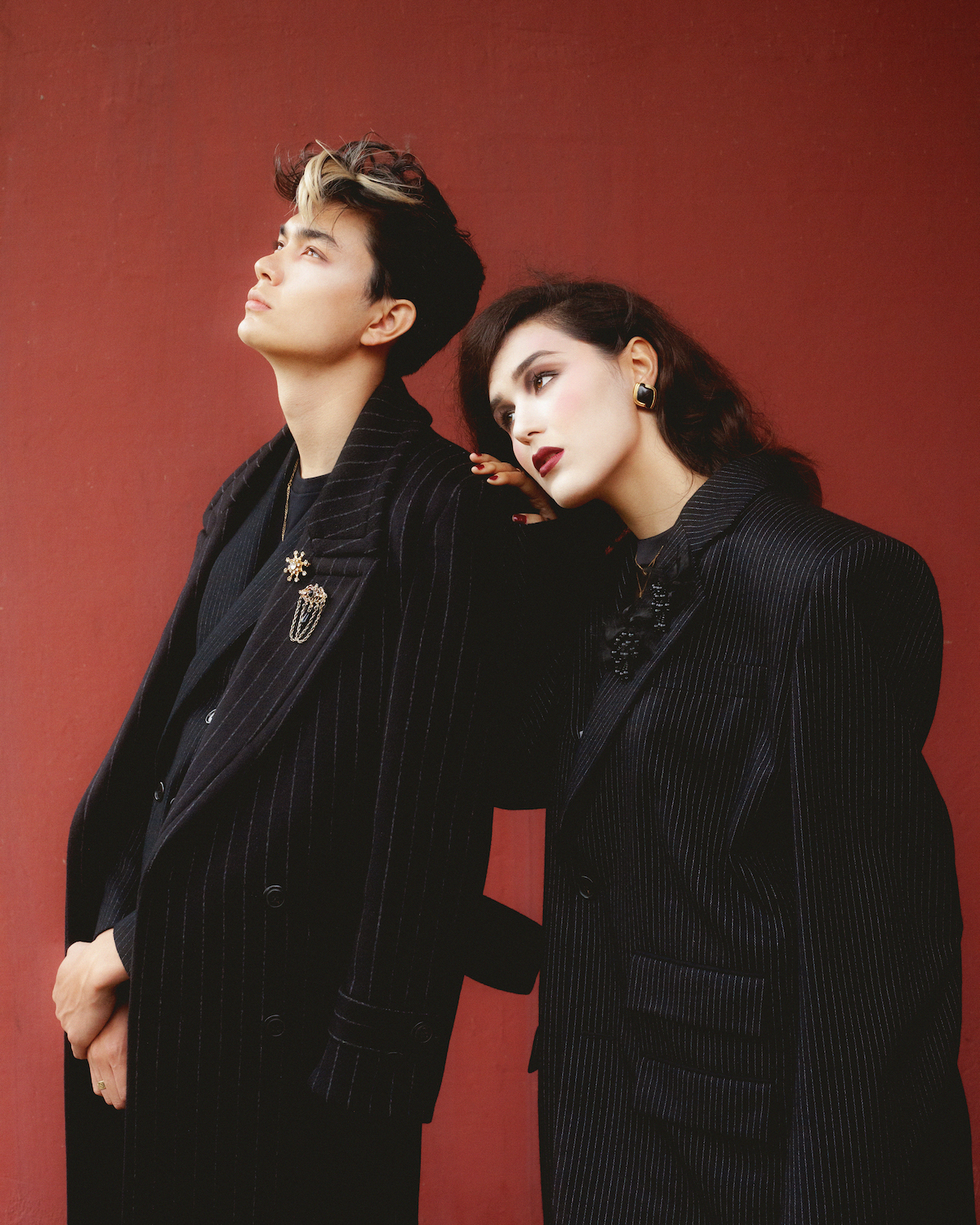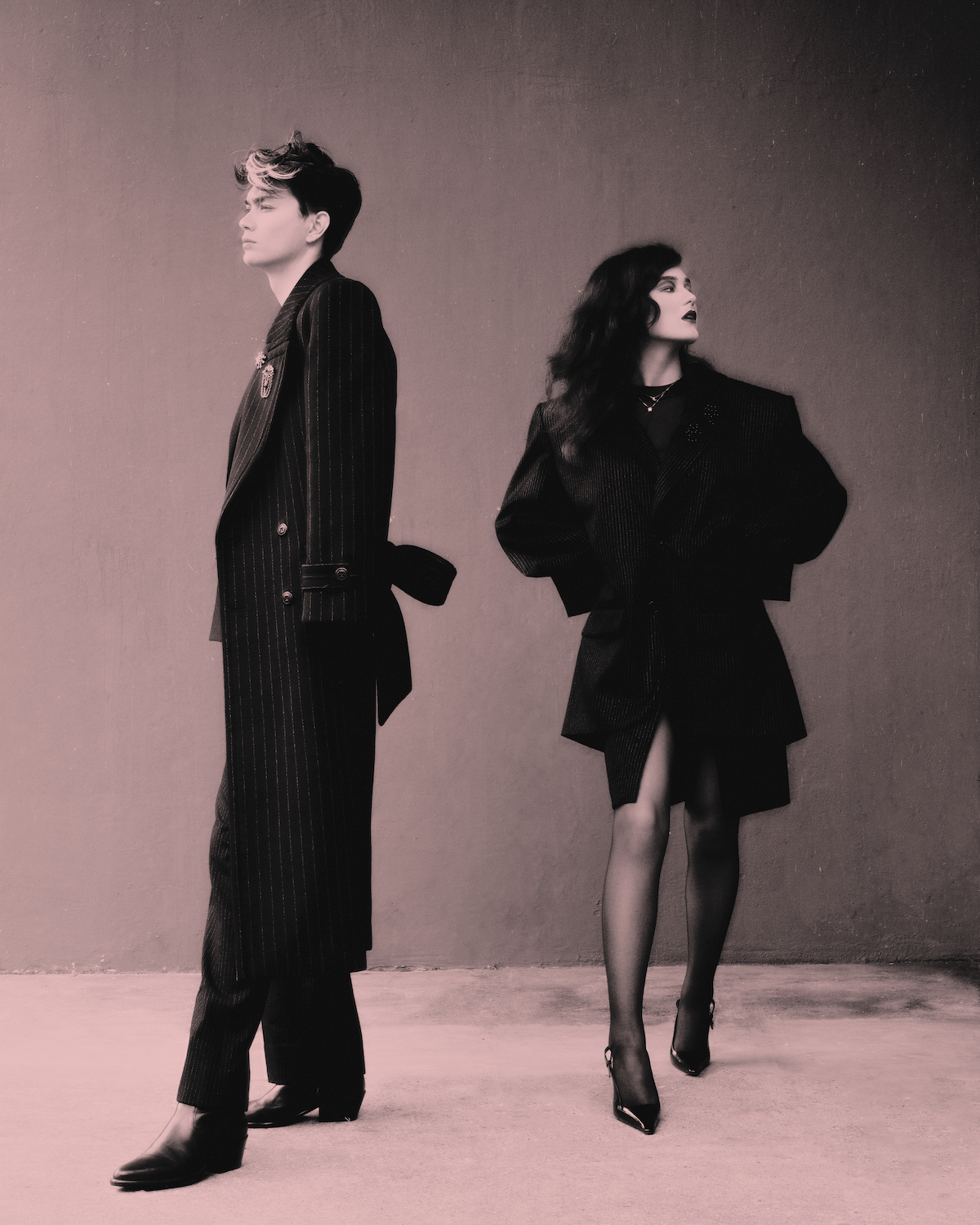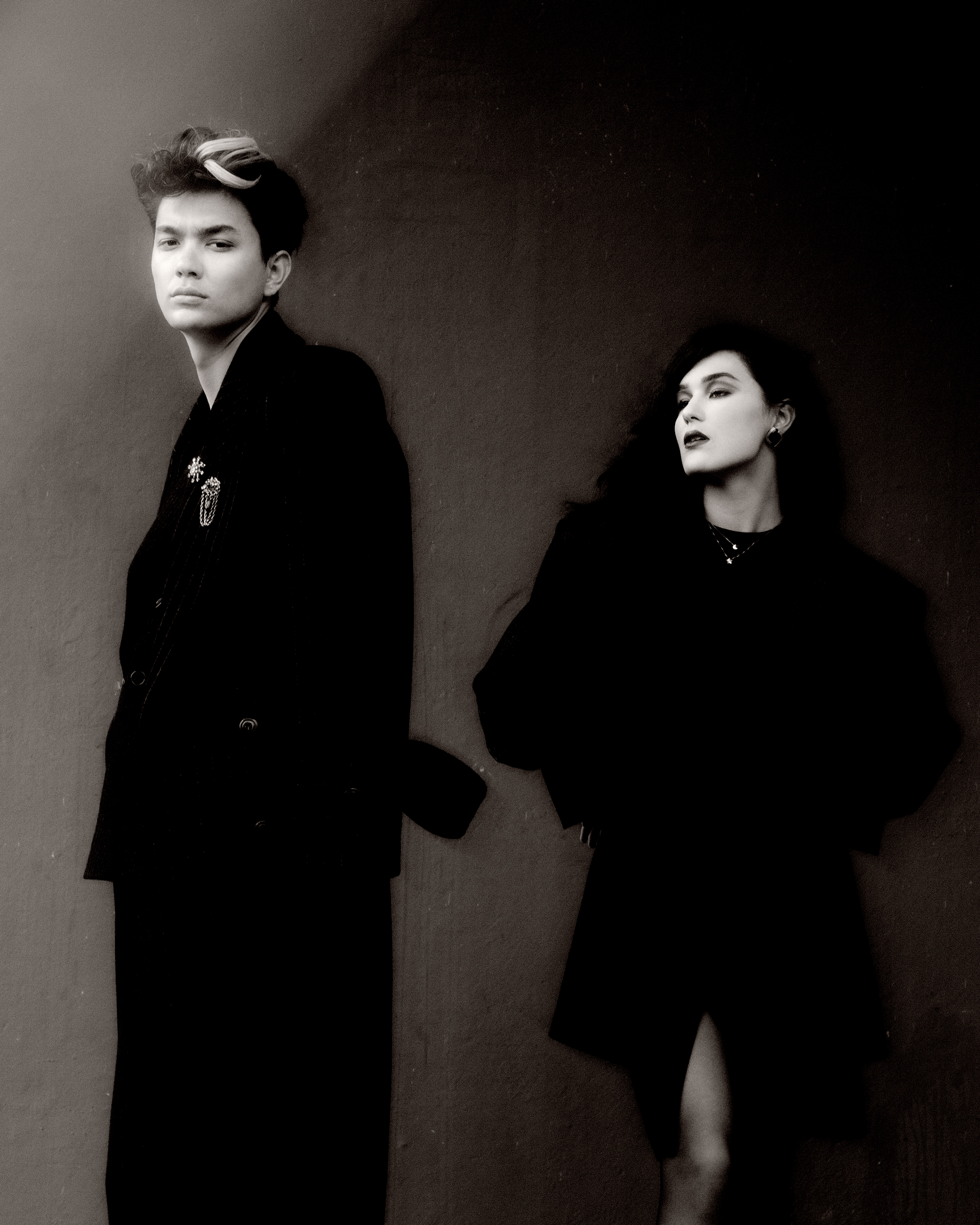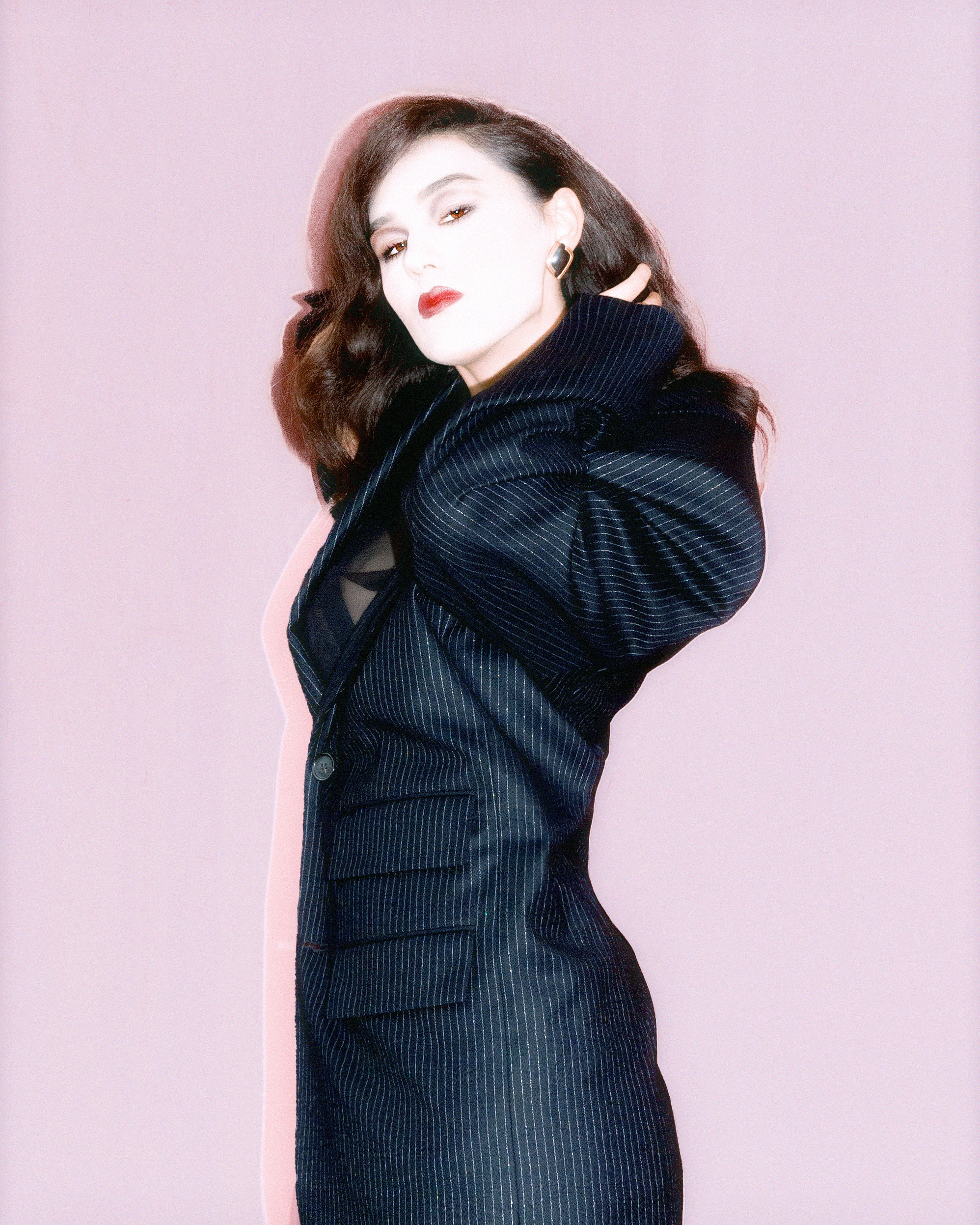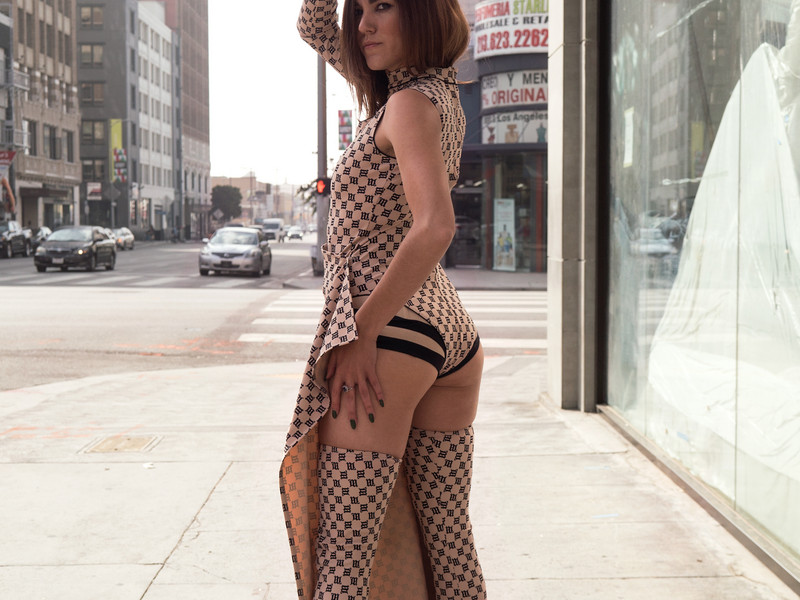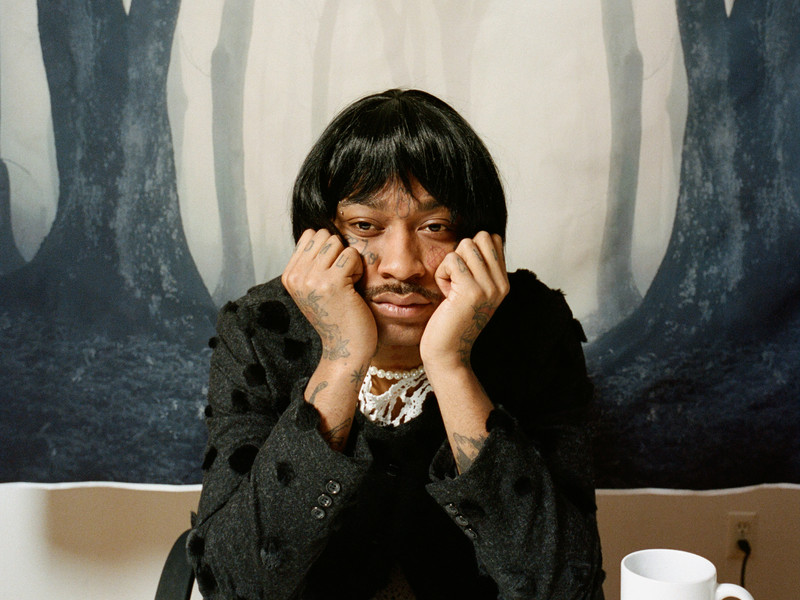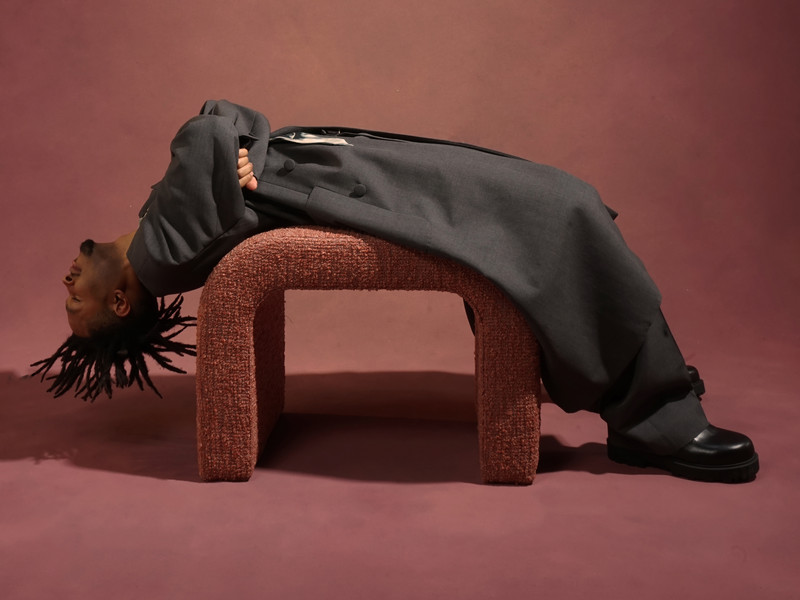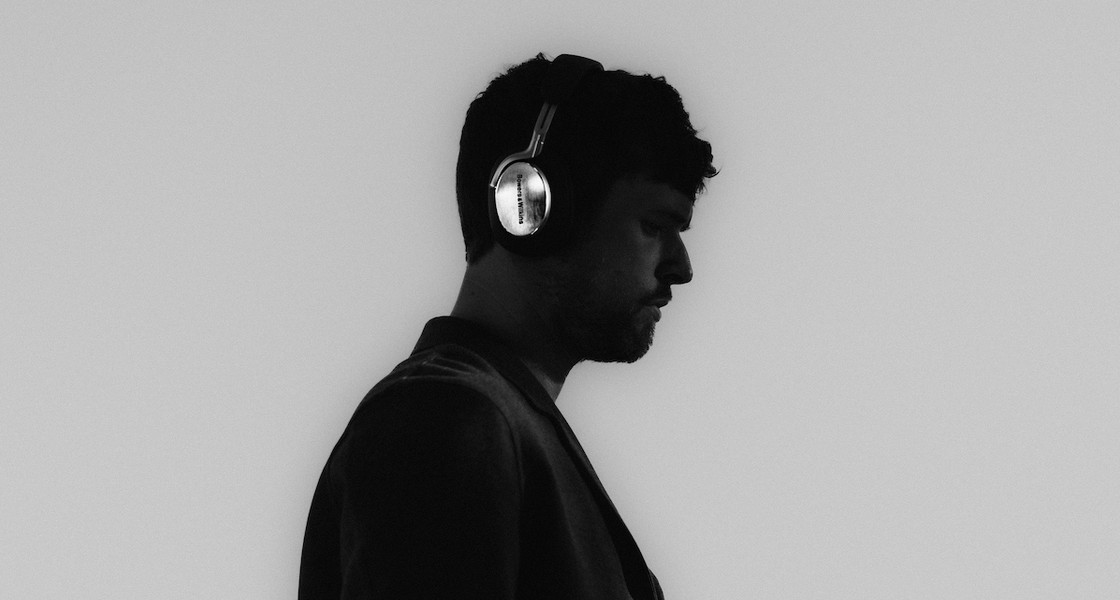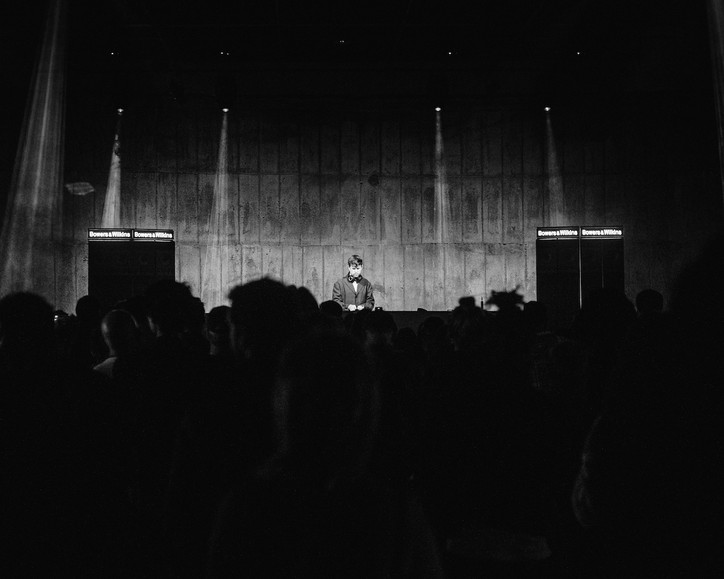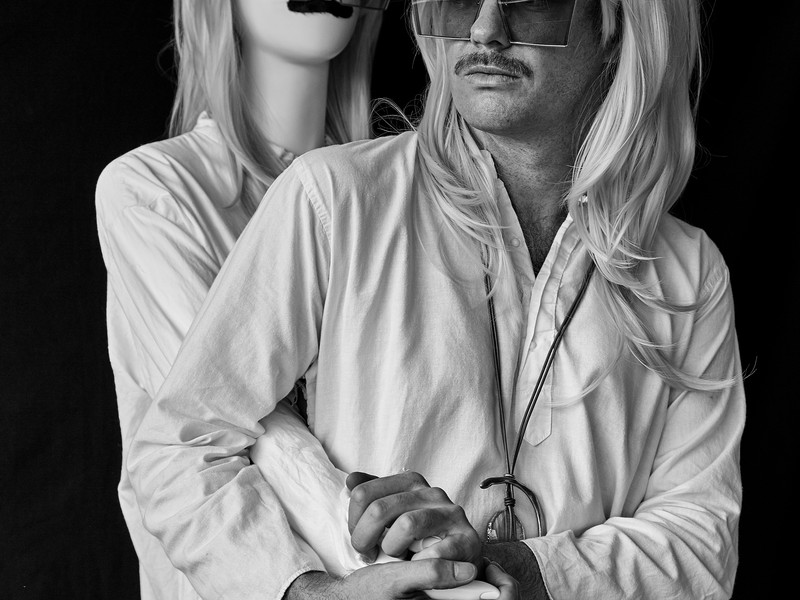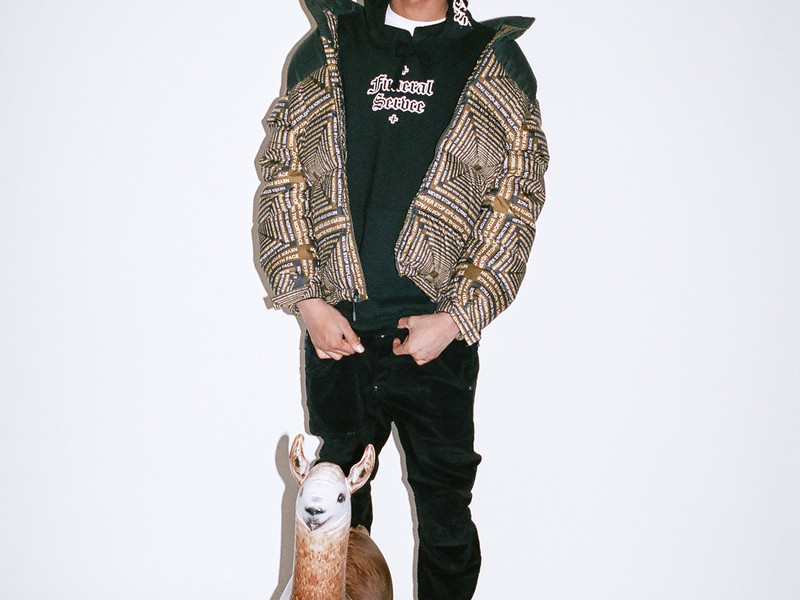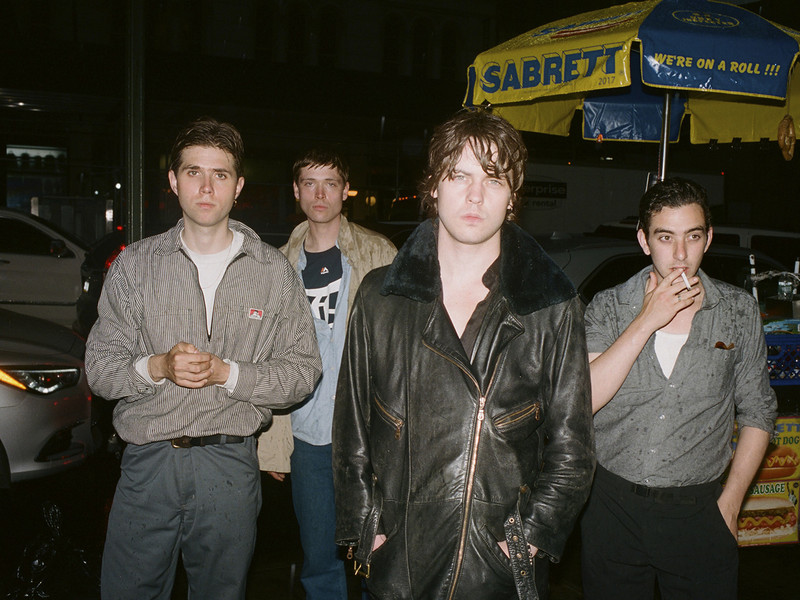Just to start us off, give me a brief overview of the genre/ genres of music you guys make?
Olivia Hardy— I would probably say it's a fusion of classical, jazz, and alternative, but I think the main thing we've always said is that we’ve never really known how to place our music. There’s never been an intention to place it as indie or alternative or whatever- it's quite organic in that we’ve pulled a bunch of influences from really classical pieces, to Queen to the Beatles and sort of fused it with the sounds we knew growing up. And William was really heavily jazz influenced so I think it all came together in one alternative mess.
Will Gao— Yeah, I think alternative mess is a good one. I think we see it as a kaleidoscope of influences and see it through a beam of contemporary pop. But all of the influences come from a kaleidoscope of like loads of different things, and things that I think a lot, a lot of the time we are completely unaware of when were making the art, which is the fun thing about it, you don't really know what the influences are but you know they're there.
I think that your guys' sound doesn't fit into one genre and I don't think it should. You do a really good job at this because you're so young and because you're learning about music as you're growing- your music is just ever evolving which makes it so interesting. Did you guys have a musical upbringing and what was that like?
WG— Yeah, for sure. I think we both have our own differences in our musical upbringing. Obviously we're siblings so there's a lot of similarities there. We both learned pieces and musical instruments from a young age. Olivia learned violin, I learned piano, I grew up in a classical boys choir. Olivia would you agree that you learned pop slightly earlier than I did?
OH— Yeah for sure. We were both very classically trained. Over the years it was very “this is the song to play, this is the technique to learn, and this is the scale to master, and then I think we really started to focus more on music we liked to listen to which was pop stuff, and I think pop music came to me when I was 12 or 13 when I downloaded Spotify and started to listen to real music from there. And then we started to discover new sounds like rap, and R&B, and soul. And then growing up we had a lot of our dad’s music like queen CD and electric light music orchestra and things like that.
WG— I remember specifically the moment, you know that roundabout Olivia, with that ugly ass building we would pass as kids and we listened to Hey Jude for the first time? I just remember that moment thinking, Oh, just because these guys are singing and it's kind of rock and roll and pop, that's still as respected and as soothing and makes me feel just as much as this classical music does when I'm at school or at college.
That sense of connection was a big moment to me. Because we always knew them as separate. Dancing to Queen was very different from learning something on the piano. I was like, if music is all one world, then it's like, what? It was insane.
The possibilities are endless from there. Olivia, was there a song or like an artist for you that made you feel that switch?
OH— I think the realization that William was talking about came to me a lot later, because I always saw pop and singing karaoke as more of a recreational thing to do in my free time. And classical music practice was hard to get into the discipline of doing, and then it wasn't until quite recently that I began to appreciate how much they play into each other. But in terms of early, early influence I would say Billie Eilish probably.
WG— What about Taylor Swift?
OH— Let's not go there — every journalist we talked to was like “she LOVES Taylor Swift '' — I was like what's going on? No, that's not a huge influence for me, I think I said that once. The direction I like to go is really honest songwriting. A lot of old R&B and soul like Ms. Lauryn Hill.

